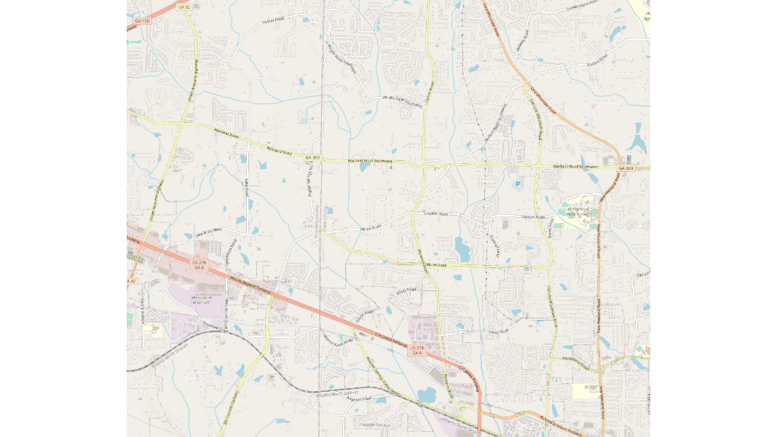Cobb County announced in a news release that overdoses from the powerful and potentially deadly synthetic opiate fentanyl have spiked in Cobb County, particularly in zip code 30127, which includes Powder Springs, the southern portion of west Cobb, and part of southeast Paulding County.
According to the National Institute on Drug Abuse (NIDA), “Synthetic opioids, including fentanyl, are now the most common drugs involved in drug overdose deaths in the United States.” Fentanyl is the primary culprit among synthetic opioids, accounting for 59 percent of the total deaths in a 2017 survey.
We’ve reprinted the news release from the county below, which has guidance and links to resources:
Hospital Surveillance data has found that over the last few months, fentanyl overdoses are spiking in Cobb County (more specifically, zip code 30127). This spike appears to be associated with street drugs, including cocaine and pressed pills such as Percocet, contaminated with Fentanyl. Using any street drug puts the user at high risk of an overdose. However, there are several ways to reduce the risk:
1. Know the signs of an overdose:
- Small, constricted “pinpoint pupils.”
- Falling asleep or loss of consciousness
- Slow, shallow breathing
- Choking or gurgling sounds
- Limp body
- Pale, blue, or cold skin
2. Don’t Run; call 911. Georgia has a Medical Amnesty Law, which provides limited immunity to those seeking medical attention for a suspected overdose for themselves or someone else.
3. Carry Naloxone and know how to use it. Naloxone is a non-addictive, life-saving drug that can reverse the effects of an opioid overdose when administered in time. For free Naloxone, please visit georgiaoverdoseprevention.org or buy it at any pharmacy without a prescription. To learn how to use Naloxone, please visit Cobb Community Alliance to Prevent Substance Abuse’s Naloxone Training Video.
4. Only take prescription medication a physician has prescribed and distributed by a pharmacy.
5. If immediate help is needed, please call the Georgia Crisis & Access Line (GCAL), available 24/7 at 1-800-715-4225, or the Suicide and Crisis Lifeline at 988.
Finally, remember that recovery from opioid use disorder is not only possible, but it is also probable!
Please visit https://www.cobbanddouglaspublichealth.com/services-adult-health-services-opioid-epidemic/ for a list of resources for opioid treatment and recovery.

